Online Course
photo: Humpback breach, M Webber TMMC
Marine Wildlife in The Gulf of the Greater Farallons (2026 Description)
Dates: 2026 Fall dates to be decided
Purpose: To introduce you to the ecology and local marine mammals, seabirds, and sharks in the Gulf of the Greater Farallons; increase your understanding of cetacean, pinnipeds, and seabird behaviors; explore the many threats to these animals and learn about conservation efforts to protect them and their habitats.
Attendees: Educators, graduate students, naturalists, and the public
Presenters: Experts in the fields of marine science and conservation including, a professor in Marine Geology; an Orca biologist; Elephant seal biologist; a master birder in ocean species; Pelagic turtle biologist; a Great White Shark researcher focusing on the population within the Gulf; and leading experts on marine mammal entanglement and ship strikes.
Location: Online Webinar
Whales, dolphins, and porpoises (collectively cetaceans) enchant us with their grace, intelligence, and beauty. They have an exceptional ability to inspire people and serve as ambassadors for ocean conservation.
Yet, these magnificent creatures face more threats than ever before: entanglement in marine debris and fishing gear, ship strikes, noise pollution, climate change, contaminants, to loss of habitat, whaling, and more.
We believe that solving for these threats begins with education and scientific research.
** If you need more information or want to be on the mailing list, contact Board Member Susan Sherman: acs.sfbay.ssherman@gmail.com
Photo Credit: M Webber TMMC
























